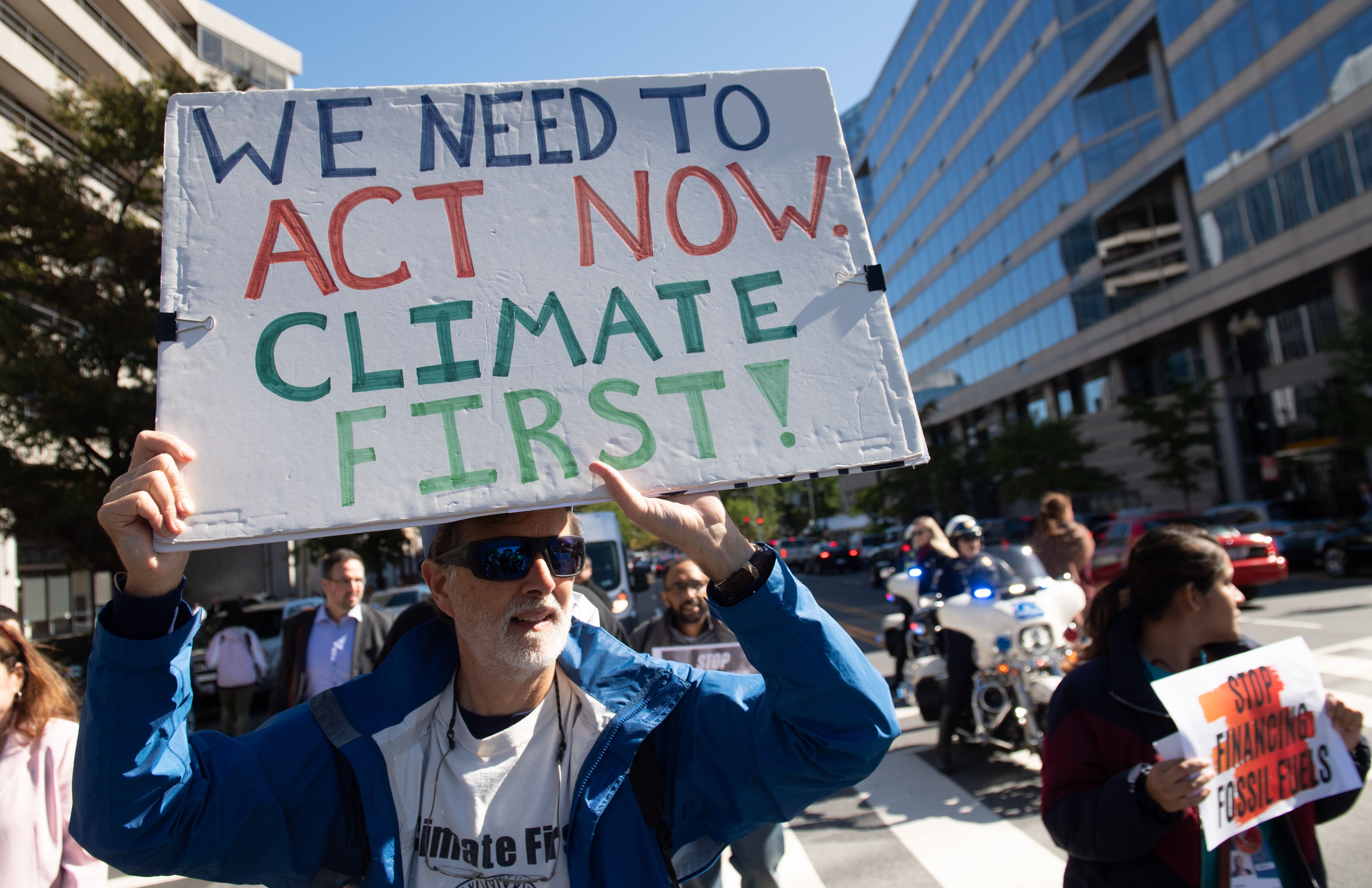This post was originally published on this site

Global index and fund provider MSCI said Tuesday that investors need to more readily integrate ESG metrics, or a company’s environmental, social and governance factors, into investing philosophies.
“We are sounding the alarm bells that if you are an investment institution and you’re not embracing this and taking it into account, it’s going to be at your own peril because your portfolios are going to underperform dramatically because there’s a common repricing and common reallocation of assets around the world according to the ESG criteria,” MSCI chairman and CEO Henry Fernandez said on CNBC’s “Squawk on the Street.”
Fernandez said that the pace of adoption is not happening fast enough, and that the need for guidelines outlining how to approach ESG considerations has “never been greater.”
ESG-focused investing has grown to more than $30 trillion in assets under management worldwide and is set to keep growing as consumers call for greater action and transparency from companies. But there are issues with this type of investing, including that there’s no standard way to evaluate how a company performs on these metrics.
The company rates more than 15,000 issuers on ESG criteria, and to make it easier for investors to evaluate how a company’s ESG factors stack up against peers, MSCI published “Principles of Sustainable Investing,” which helps investors integrate integrate this strategy into existing portfolios.
By the end of April the company plans to make its ESG ratings available for all of its equity indicies, as well as the largest mutual funds. About half of the data that MSCI analyzes for each company comes from company reported data and filings, while the rest is from a mix of third party sources including lawsuits.
“For now it’s mostly a directional concept, and then eventually it will become very metrics driven, but you know it’s an evolution,” he said, adding that ESG is not just a fad, but a “permanent change in the way capitalism works.”
His comments come as world leaders and business executives gathered at the World Economic Forum in Davos, Switzerland. Salesforce CEO Marc Benioff, Bank of America CEO Brian Moynihan and IBM CEO Ginni Rometty were among those calling for companies to focus more heavily on sustainable finance, rather than just shareholder returns.
Billionaire investor Paul Tudor Jones also spoke out about the need for swift action on climate change in particular.
“If you had a blank sheet of paper and we were starting and trying to maximize societal happiness and output and we had those five stakeholders: shareholders, customers, employees, communities, the planet, would shareholders be the most important thing to manage companies around? I don’t think so,” he said Tuesday on CNBC’s “Squawk Box.”




